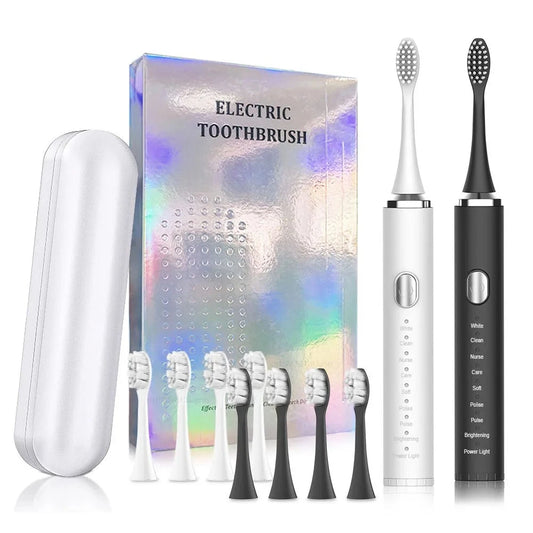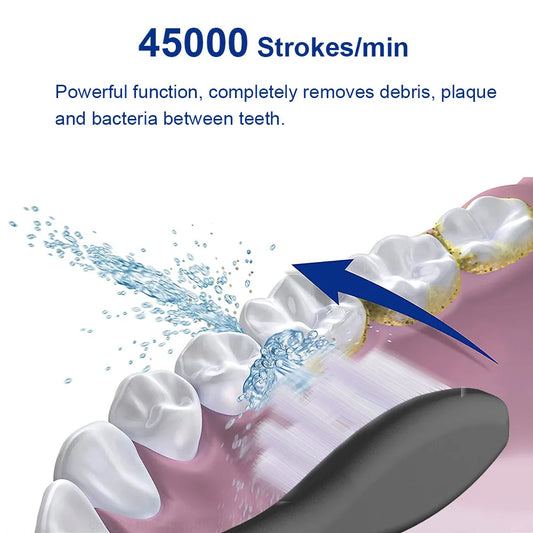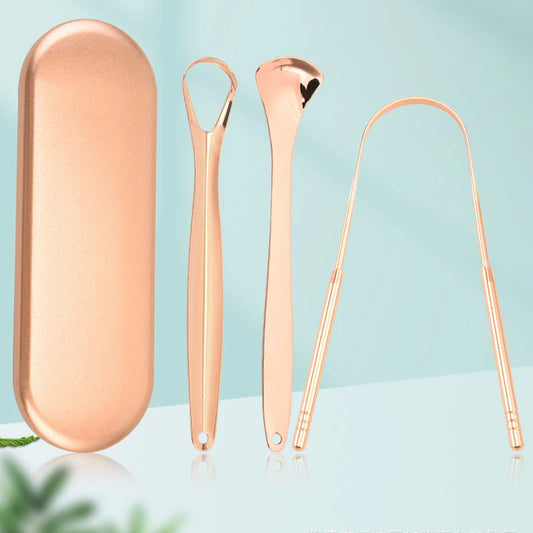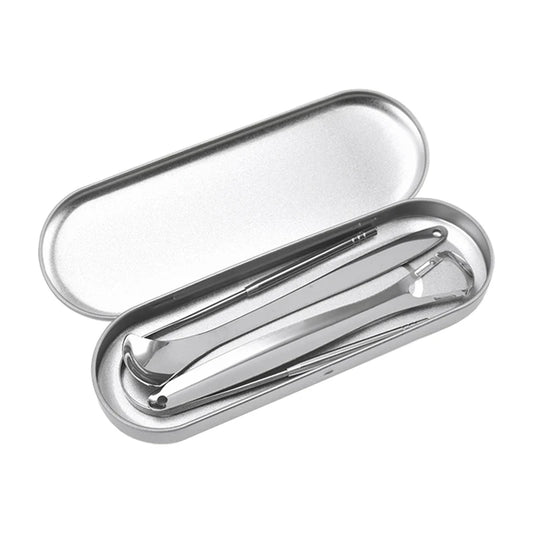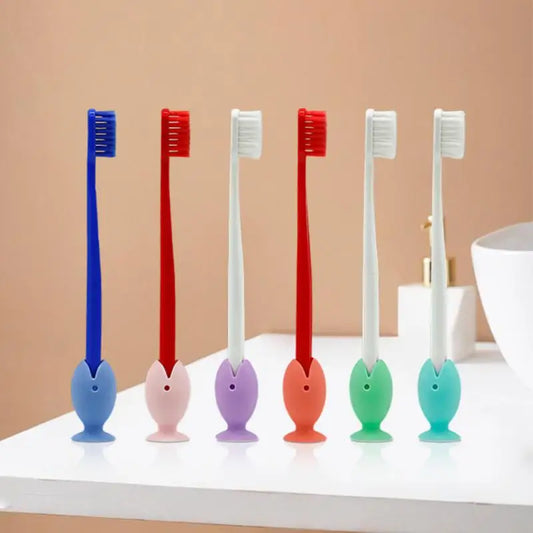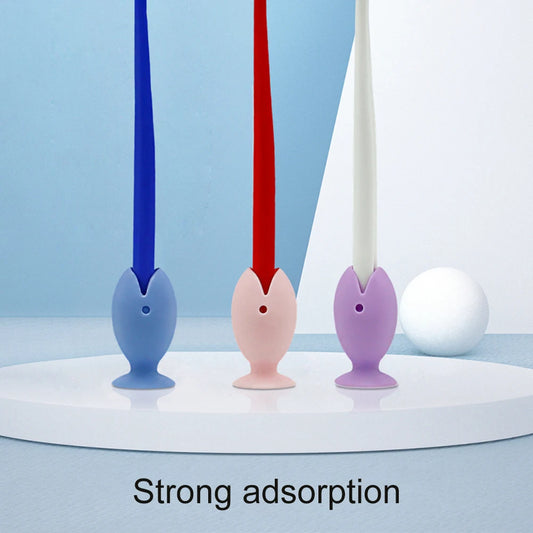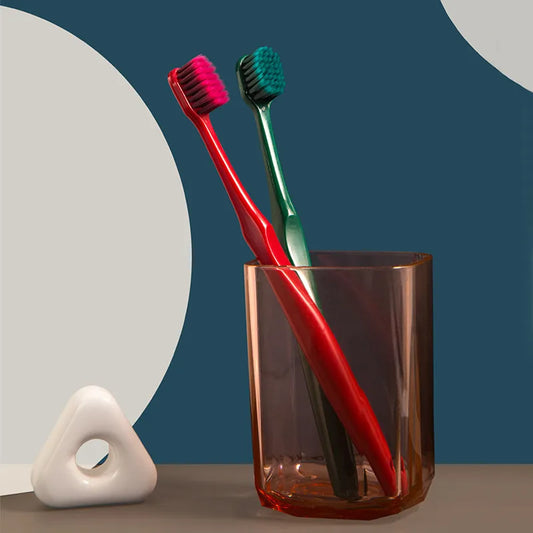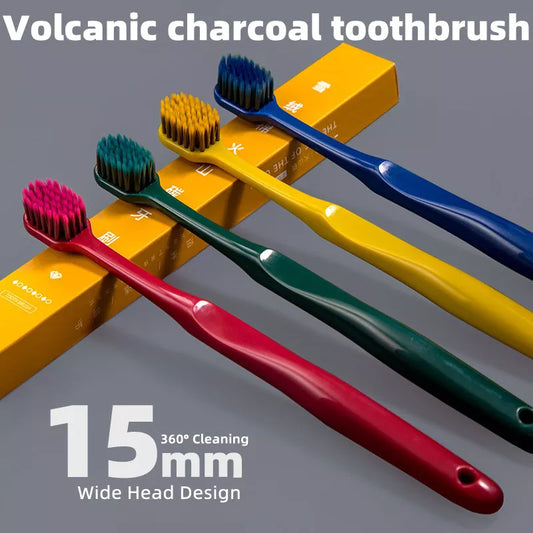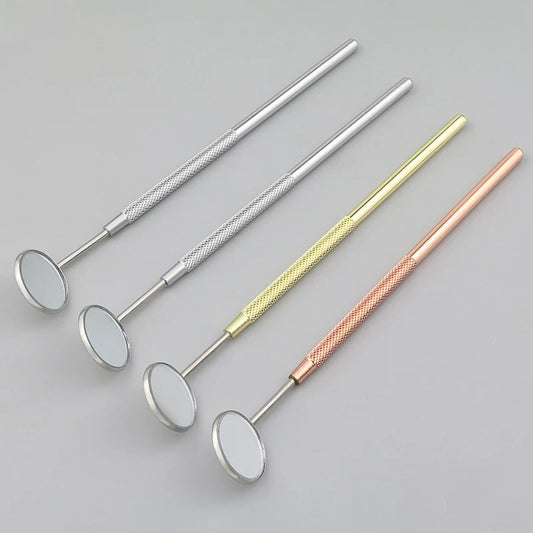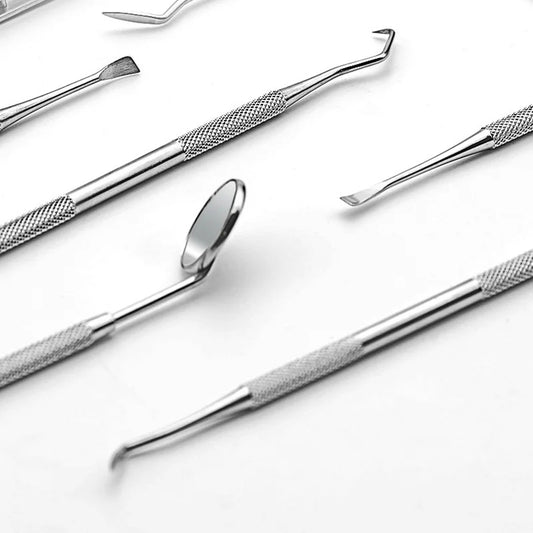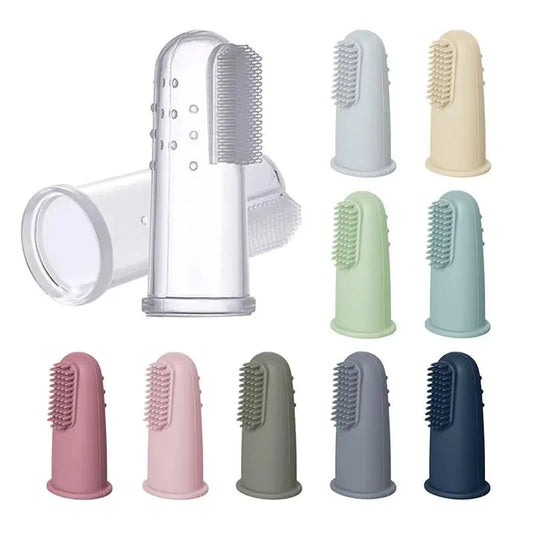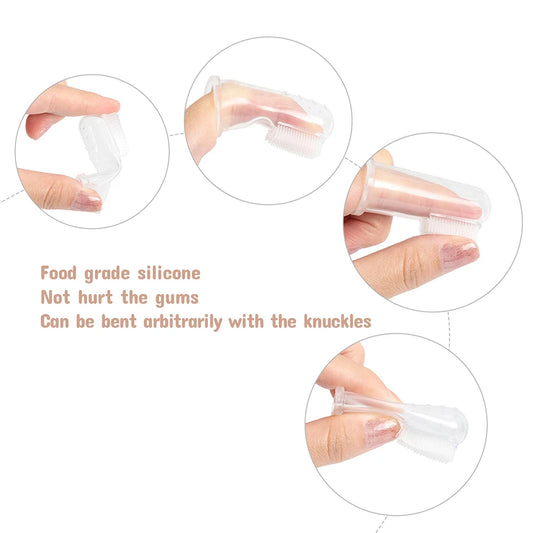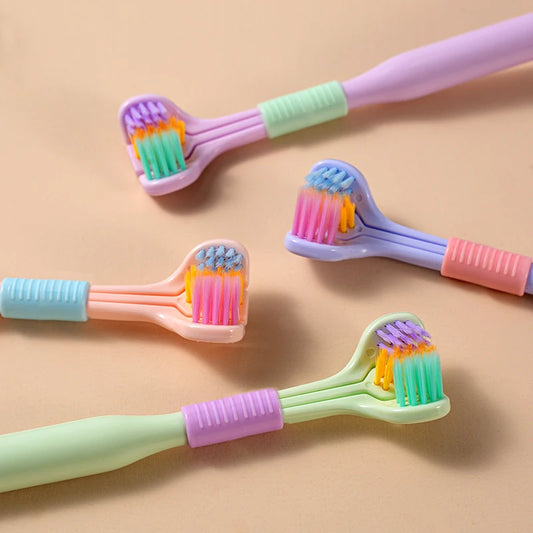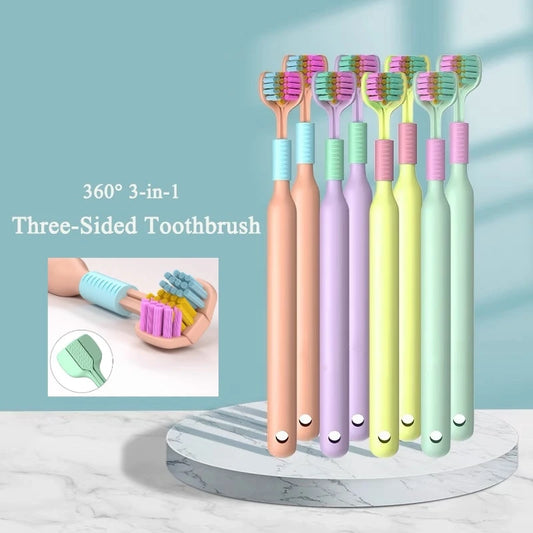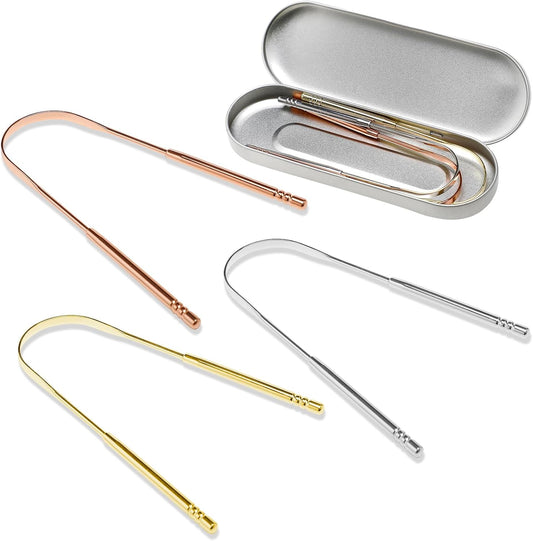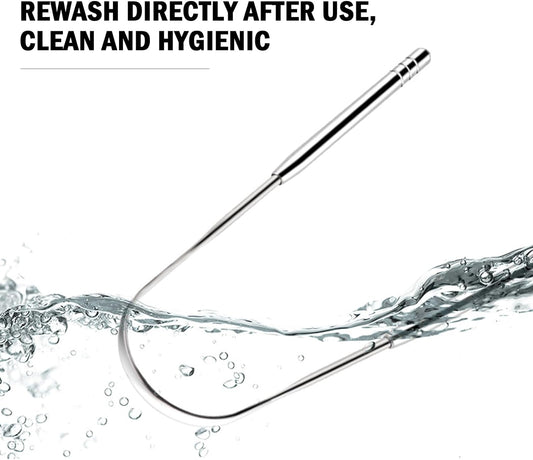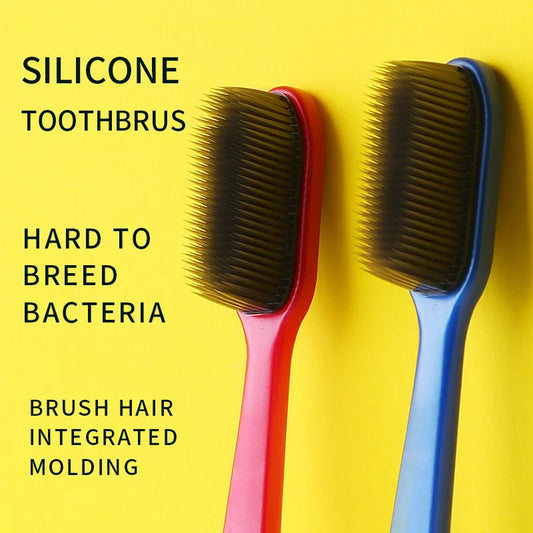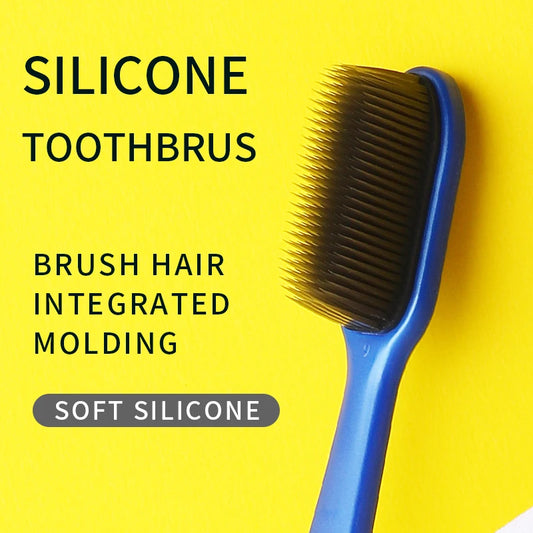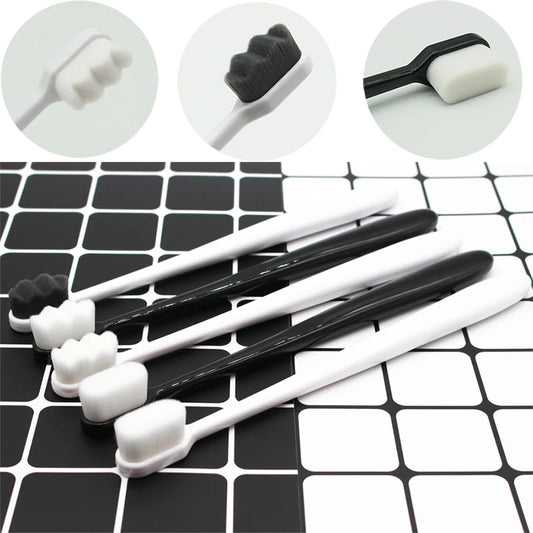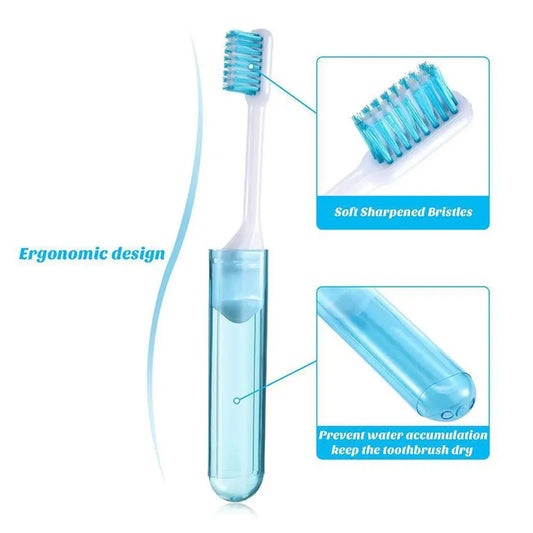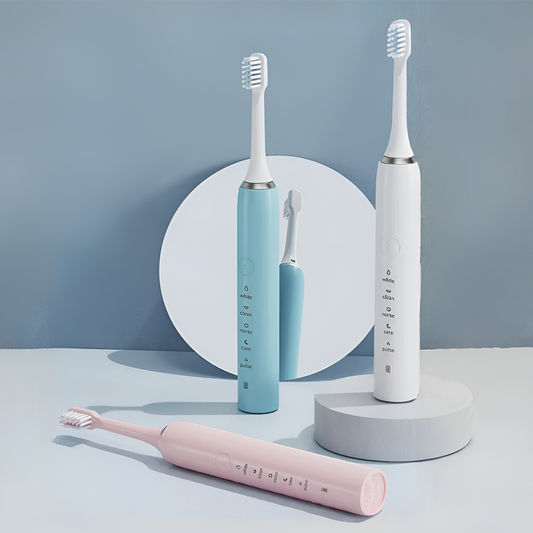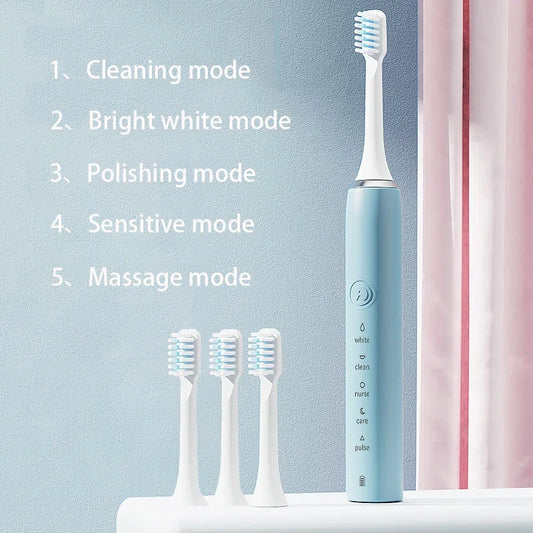Maintaining good oral health is more than just a matter of aesthetics or comfort—it can have a profound impact on your overall longevity. Healthy teeth and gums play a crucial role in your well-being, influencing everything from your ability to eat nutritious foods to your risk of developing serious health conditions.
In this blog, we’ll explore how oral health contributes to a longer, healthier life and share essential tips for keeping your teeth and gums in top shape.
The Connection Between Oral Health and Longevity
Good oral health is linked to several aspects of overall health and longevity. Here’s how:
- Nutrition and Digestion: Healthy teeth are essential for chewing and breaking down food properly. Without functional teeth, it becomes challenging to consume a balanced diet rich in fruits, vegetables, and whole grains, which are vital for long-term health. Poor nutrition can lead to various health issues, including weakened immune function and increased risk of chronic diseases.
- Prevention of Systemic Diseases: Oral health problems, such as gum disease and tooth infections, have been linked to systemic conditions like heart disease, diabetes, and stroke. Chronic inflammation from gum disease can contribute to these serious health conditions, highlighting the importance of maintaining healthy gums.
- Quality of Life: Oral health directly impacts your quality of life. Painful or missing teeth can affect your ability to speak clearly, smile confidently, and engage in social activities. By maintaining good oral health, you support a higher quality of life and overall well-being.
Essential Tips for Maintaining Healthy Teeth and Gums
To ensure your oral health supports a longer, healthier life, consider incorporating these essential practices into your daily routine:
- Brush Twice Daily: Brush your teeth at least twice a day with fluoride toothpaste. This helps remove plaque and prevent tooth decay and gum disease. Use a toothbrush with soft bristles and replace it every 3-4 months.
- Floss Daily: Flossing is crucial for removing food particles and plaque between your teeth and under the gumline, areas that your toothbrush can’t reach. Make flossing a daily habit to keep your gums healthy.
- Visit Your Dentist Regularly: Schedule regular dental check-ups and cleanings, ideally every six months. Your dentist can identify and address potential issues early, provide professional cleaning, and offer personalized advice for maintaining oral health.
- Eat a Balanced Diet: Consume a diet rich in fruits, vegetables, lean proteins, and whole grains. Avoid excessive sugary and acidic foods that can contribute to tooth decay. Drinking plenty of water also helps rinse away food particles and bacteria.
- Avoid Tobacco Products: Tobacco use is a major risk factor for gum disease and oral cancer. Avoiding tobacco products will significantly reduce your risk of these serious health issues.
- Protect Your Teeth: If you play contact sports, wear a mouthguard to protect your teeth from injury. Additionally, avoid using your teeth to open packages or bottles, as this can cause damage.
- Manage Stress: Stress can lead to teeth grinding and jaw clenching, which can damage your teeth and gums. Practice stress management techniques such as mindfulness, exercise, or talking to a counselor to help protect your oral health.
The Long-Term Benefits of Good Oral Health
Investing time and effort into maintaining your oral health pays off in numerous ways:
- Reduced Risk of Chronic Diseases: Proper oral care lowers the risk of developing serious health conditions linked to oral health problems.
- Improved Self-Esteem: A healthy smile boosts confidence and social interactions, contributing to a positive outlook on life.
- Enhanced Quality of Life: Good oral health supports overall well-being, allowing you to enjoy a varied and nutritious diet and engage fully in daily activities.
Conclusiond
Healthy teeth and gums are fundamental to a long and fulfilling life. By adopting a comprehensive oral care routine and paying attention to your overall health, you can improve your quality of life and potentially extend your longevity. Remember, the investment you make in your oral health today will pay off with a healthier, brighter smile for years to come.


